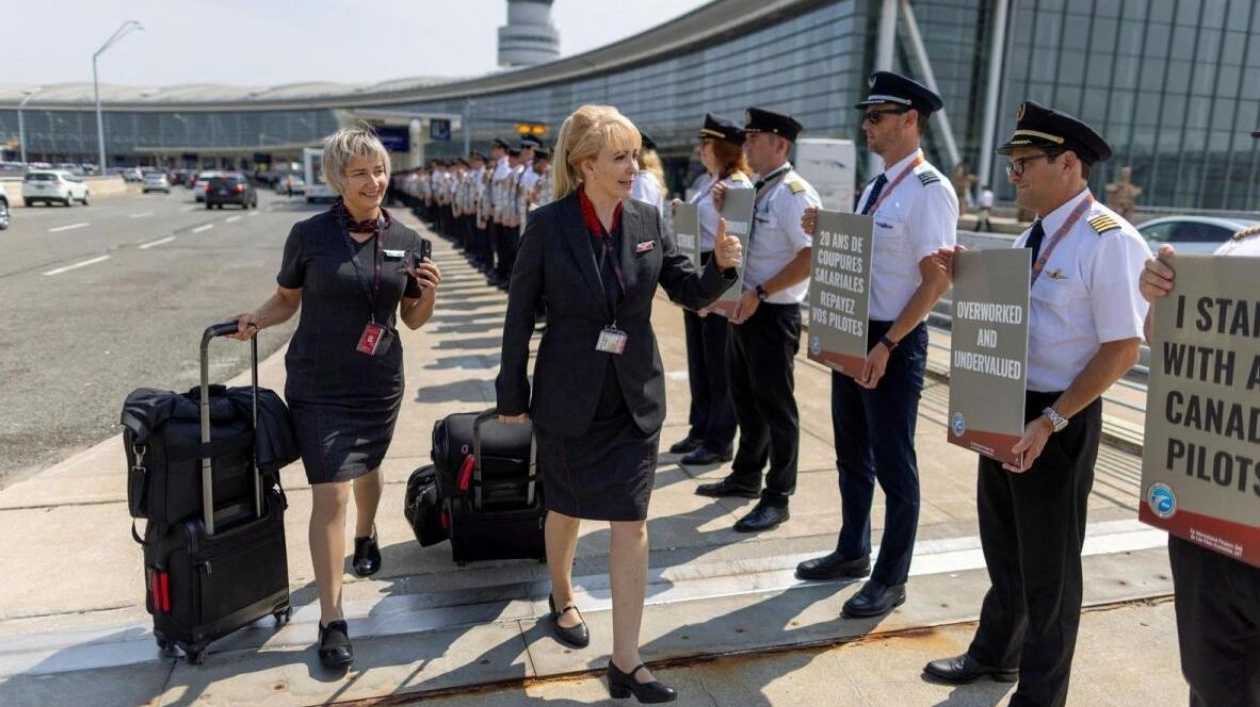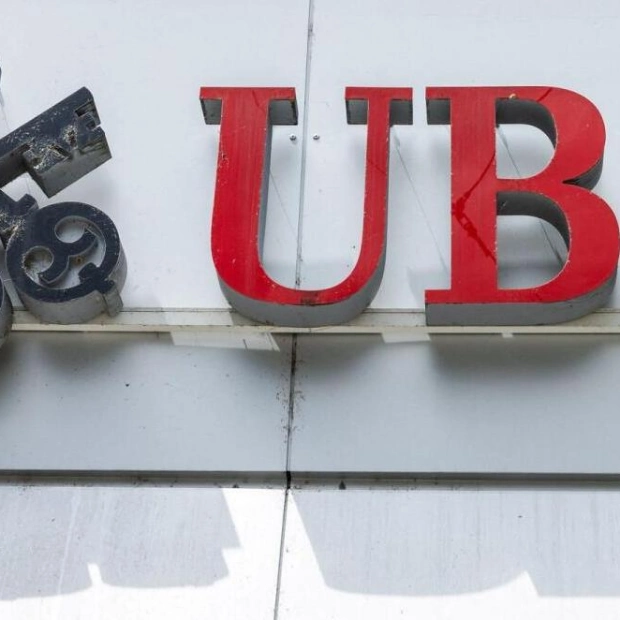Air Canada announced on Sunday that it had reached a tentative agreement with its pilots' union regarding a new four-year collective agreement, averting a potential strike or lockout. Prior to this agreement, the airline was preparing to progressively cancel flights over three days and completely halt operations starting at 12:01am EDT (0401 GMT) on Wednesday, September 18.
Air Canada and Air Canada Rouge, which together operate nearly 670 flights daily, carrying approximately 110,000 passengers and freight, will now continue their operations as usual. The terms of the new agreement with the Air Line Pilots Association (ALPA), representing over 5,200 pilots, will remain confidential until a ratification vote by the members, expected to be completed within the next month.
The ALPA stated that the deal would provide an additional C$1.9 billion ($1.40 billion) in value for members over the four-year term, representing a 46% increase compared to the previous contract that expired in September 2023. First Officer Charlene Hudy, chair of the Air Canada ALPA master executive council, noted that after several weeks of intense, round-the-clock negotiations, progress was made on key issues such as compensation, retirement, and work rules.
The two parties have been negotiating a new contract for the past 15 months, with pilots seeking wage rates to close the pay gap with their counterparts at major U.S. carriers like United Airlines. Labour Minister Steve MacKinnon praised the hard work of the parties and federal mediators on X, preventing travel disruptions for Canadians. Prime Minister Justin Trudeau stated on Friday that the Canadian government would not intervene to resolve the dispute, unlike its swift action last month to end a strike at the two largest rail companies, Canadian Pacific Kansas City and Canadian National Railway.
Air Canada had previously offered a wage increase of over 30%, along with improved pension and health benefits. However, the union deemed the proposal insufficient for members working under pay rates and quality-of-life provisions negotiated in 2014. U.S. airline pilots have secured substantial pay raises in new contracts over the past two years due to a travel boom and staffing shortages. For instance, United's new pilot contract included pay increases of about 42%. Consequently, some United pilots now earn 92% more than their Air Canada counterparts, according to the pilots' association's data, whereas the pay gap was only 3% in 2013.






